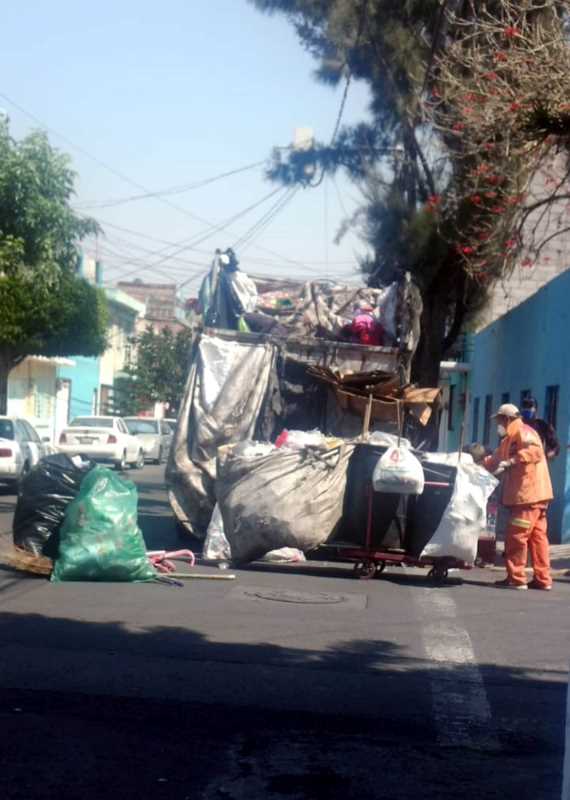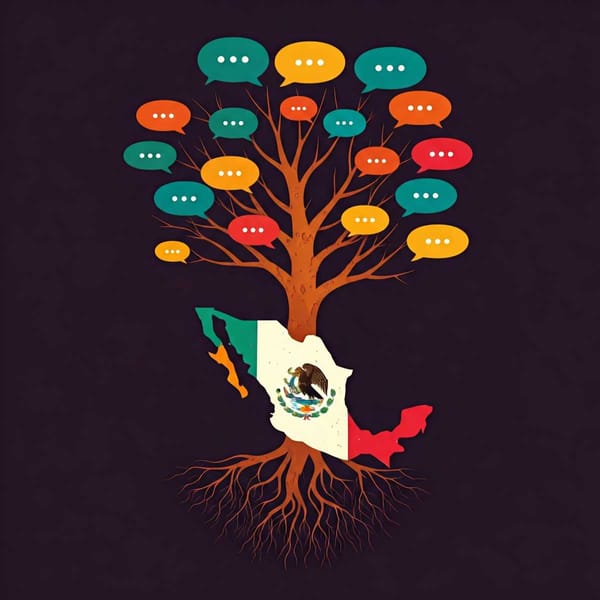The State of Waste Management and Street Sweepers in Mexico
Every day, 2,396 street sweepers in Mexico City tackle an astonishing 169 roads, roughly equating to 3,167 kilometers, and collect a staggering 548 tons of waste. Yet, despite their tireless efforts, they often work in precarious conditions, sometimes even without proper equipment.

The modern city, with its gleaming skyscrapers and bustling streets, is often seen as a monument to human innovation. Yet behind this facade, there's an army of unsung heroes—street sweepers. In Mexico City alone, thousands work tirelessly to maintain the urban landscape. But are they equipped well enough, and are we doing enough to manage the waste they collect?
According to the Secretariat of Works and Services of the Government of Mexico City, the metropolis employs 2,396 street sweepers in three shifts—morning, afternoon, and night. These dedicated individuals are grouped into 172 crews that operate 190 vehicles and 26 suction sweepers. Every day, they tackle an astonishing 169 roads, equating to roughly 3,167 kilometers of primary roads, and collect 548 tons of waste.
In the Historic Center alone, 30 crews made up of 1,200 sweepers work in shifts to care for nine square kilometers and collect 1.57 tons of waste daily. These aren't just numbers; they are a testament to the relentless effort going into keeping our cities clean.
The Importance of Waste Management
“Waste management is one of the first links in the chain of integrated waste management,” says Nancy Merary Jiménez Martínez, an expert from UNAM's Regional Center for Multidisciplinary Research. In Mexico, waste is classified into three types: solid urban waste from homes and public spaces, special handling or large volume waste like electronic equipment, and hazardous waste that can be toxic, flammable, or biologically infectious.
Yet, despite the crucial role of waste management in safeguarding both human health and the environment, the country often falls short in its approach. Far too frequently, waste ends up in open dumps that neither comply with regulations nor protect human health or the environment.
According to some estimates, each Mexican generates about one kilogram of urban solid waste per day. The pandemic has exacerbated this, with an estimated 20 percent increase in waste generation. Furthermore, the health crisis led to a surge in single-use plastics and a decline in waste separation efforts. These trends have significant implications for waste management practices and policies.
A Look at the Workforce
On average, Mexico has about 4.3 street sweepers for every 10,000 inhabitants. While their work is indispensable, they regularly operate in precarious conditions and sometimes without necessary equipment. Despite this, they meet the average work efficiency standards established by the Economic Commission for Latin America and the Caribbean.
Street sweepers in Mexico City earn a net monthly salary that varies between 2,300 to 8,900 pesos depending on the administrative region. Moreover, many work informally, depending solely on tips or the sale of recyclable waste, lacking standard employment benefits.
Street sweepers face a myriad of challenges, from environmental conditions like “rain, thunder, or lightning” to unsafe working conditions, including the risk of road accidents and exposure to hazardous waste. The tools of their trade can often be makeshift—brooms unsuitable for the type of surface they are cleaning and dustpans made from random waste materials.

The Way Forward
Given the essential nature of their work, it's time to improve the conditions for these frontline warriors. Jiménez Martínez emphasizes the need for collective reflection and action. “We have long since lost contact with our waste; it's crucial to recognize what we throw away and apply all the 'R's': reduce, reuse, recycle, reject, repair, reflect.”
In essence, waste management isn't solely the government's responsibility or that of the street sweepers; it's a collective endeavor. Better education about waste, stricter enforcement of regulations, and greater investment in waste management infrastructure are imperative.
So, as we commemorate Sweepers' Day in Mexico on August 8, let's salute these unsung heroes and reflect on how we can do better—not just for them but for the sustainability of our cities and planet.
By giving our waste management systems and their key operators—the street sweepers—the attention and respect they deserve, we aren't just cleaning our streets; we're laying the groundwork for a more sustainable, humane, and cleaner future.




